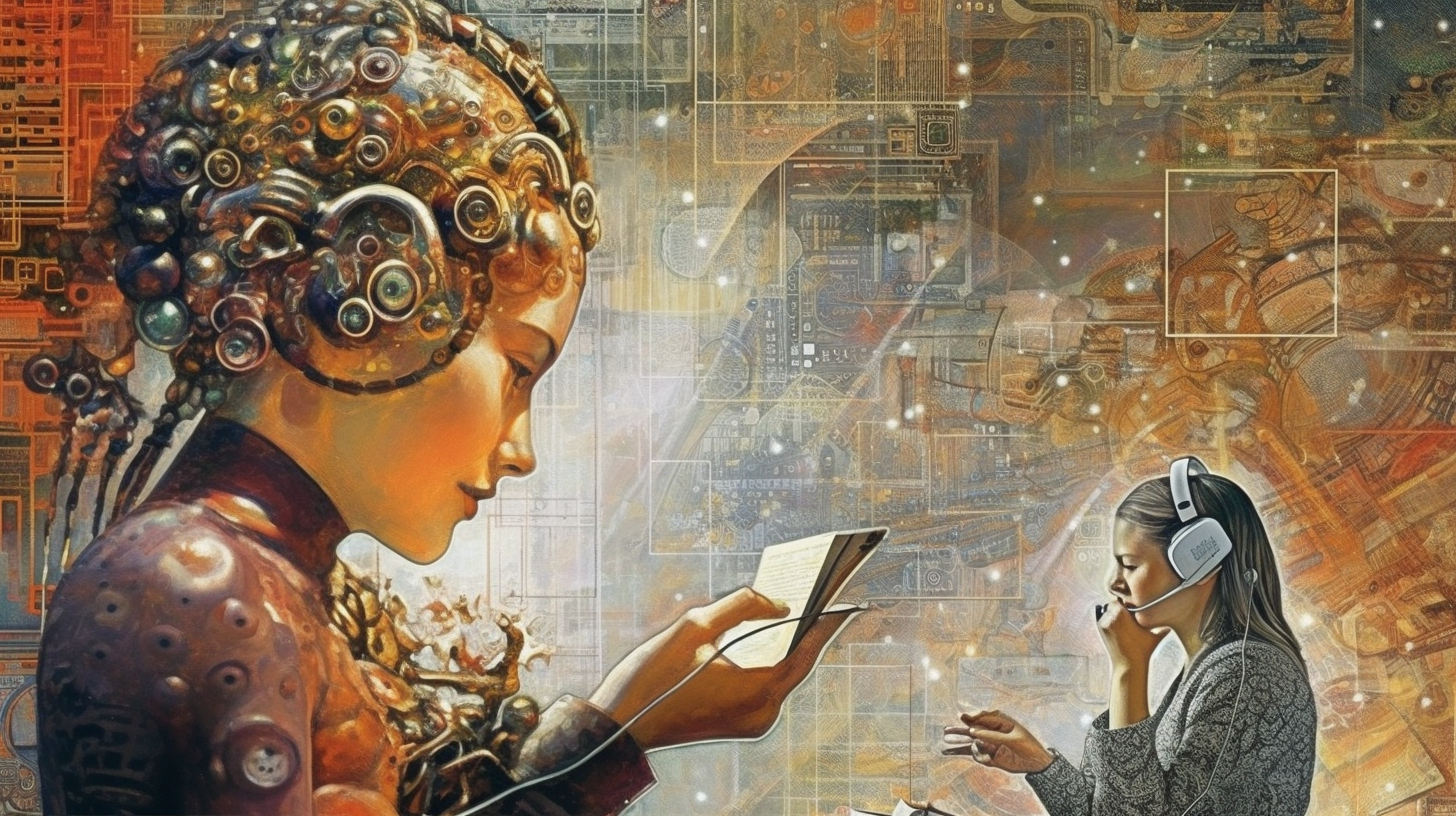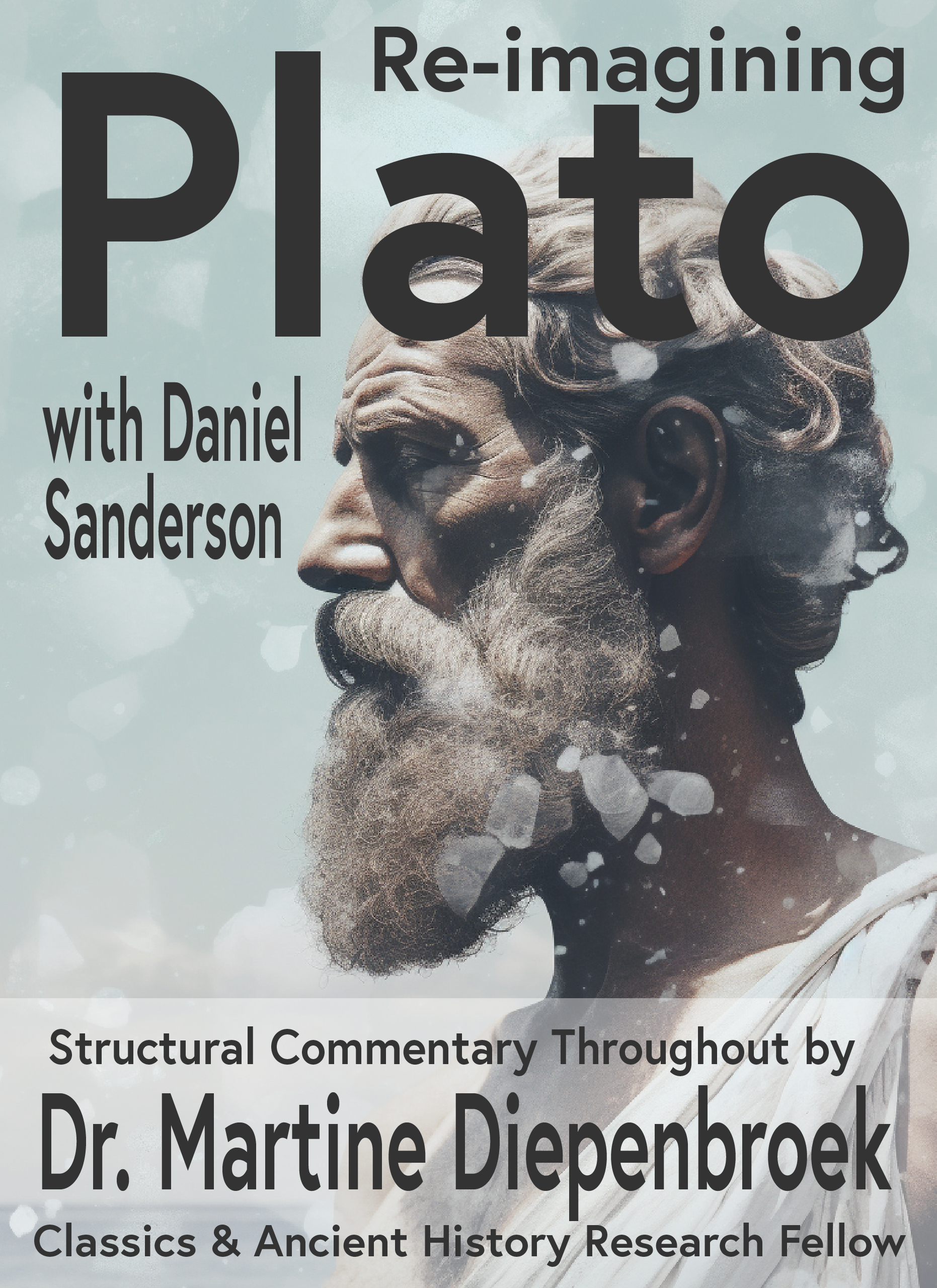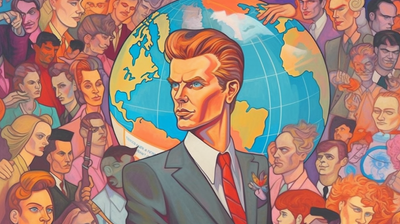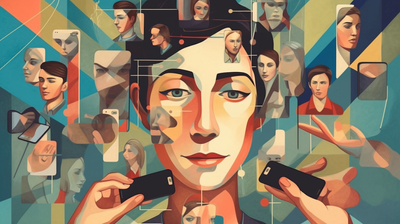The Philosophy of Language: Communication in the Digital Age
In an era dominated by tweets, memes, and soundbites, language and communication have undergone a profound transformation. The digital age has ushered in a new generation of linguistic expression, replete with its lexicon and dynamics. However, it is imperative that we, as discerning thinkers, scrutinize this linguistic landscape, excavating its philosophical underpinnings and examining the consequences of this seismic shift. In this article, we embark on an intellectual journey to explore the philosophy of language and unravel the intricacies of communication in the digital age.
The Shifting Landscape of Language:
Language, the cornerstone of human interaction and comprehension, has continually evolved with the tides of time. From Cicero's eloquent prose to Wilde's penetrating wit, language has shaped our understanding of the world. Yet, in the digital age, the very foundations of linguistic expression appear to be crumbling. The rise of abbreviated jargon, emoticons, and hashtags has given birth to a linguistic dystopia where nuance and depth are sacrificed on the altar of brevity and expediency.

In this age of 280-character messages and instant gratification, the profound irony is that communication has never been more abundant, yet meaningful dialogue has become scarce. Social media platforms, the self-proclaimed connection bastions, have transformed discourse into a never-ending torrent of pithy statements and shallow exchanges. The once-hallowed ground of rigorous intellectual engagement has been replaced by an arena of narcissism, where the value of an account is determined solely by its potential to generate likes and retweets.
The Power of Words in the Digital Age:
Words have always possessed immense power. They can inspire revolutions, sway nations, and challenge the very fabric of society. However, the digital age has presented us with a paradox. While language has become ubiquitous, its impact has become diluted. The immediacy and impermanence of digital communication have transformed words into transient commodities devoid of lasting significance.
Furthermore, the anonymity provided by online platforms has unleashed a torrent of abuse and hate speech. The cloak of virtual identity has encouraged individuals to engage in reckless and destructive discourse, eroding the foundations of civil dialogue. In this virtual cacophony, reasoned arguments are often drowned out by the shrill echoes of tribalism and misinformation.

The Impoverishment of Nuance:
In this digital maelstrom, nuance and subtlety are casualties of oversimplification and reductionism. The inherent limitations of the digital medium, with its truncated character limits and absence of nonverbal cues, have engendered a culture of oversimplification. Complexity is eschewed in favour of binary thinking, where issues are reduced to black and white, devoid of the rich tapestry of shades that exist in between.
Moreover, the digital age has fostered a cult of instant opinions. The demand for immediate reactions, coupled with the echo chambers created by algorithmic curation, has stunted our ability to engage with ideas that challenge our own. The Socratic principle of intellectual humility, of questioning and exploring the limits of our knowledge, is threatened in an environment where dissenting voices are quickly muted or ignored.
Reclaiming the Power of Language:
In this age of linguistic decay, it becomes incumbent upon us to reclaim the power of language and reshape the contours of digital discourse. The onus lies not only on individuals but also on the platforms facilitating communication. The tech giants, whose algorithms shape our online experiences, must prioritize promoting substantive dialogue over the viral spread of sensationalism.
As individuals, we must strive for linguistic excellence, refusing to succumb to the allure of linguistic shortcuts and intellectual laziness. Instead, we must embrace the intellectual virtues of rigour, nuance, and humility, engaging in conversations that challenge our beliefs and broaden our horizons. Pursuing knowledge demands a commitment to deep engagement, where ideas are interrogated and tested rather than hastily accepted or dismissed.

Conclusion:
The philosophy of language in the digital age is an urgent and pressing concern. As we navigate this brave new world of communication, we must remain vigilant and critical. We must not allow the brevity and immediacy of the digital medium to erode the richness and depth of language. By recognizing the pitfalls of the current landscape, we can strive to reinvigorate the art of communication and foster a digital ecosystem that cherishes intellectual rigour and meaningful discourse. Let us harness the power of language to bridge divides, challenge assumptions, and elevate the collective consciousness.

Plato Re-Imagined
This course includes 32 lectures covering most of Plato's dialogues and allowing the student to return to something divine. Divinity should resonate with secular and religious leaders alike. I present a compatible approach in my lecture on Consilience.
Also included with this course is a free book. If you pay for the course, you will get a physical copy of the book for free, mailed to your chosen address — anywhere on the planet!






